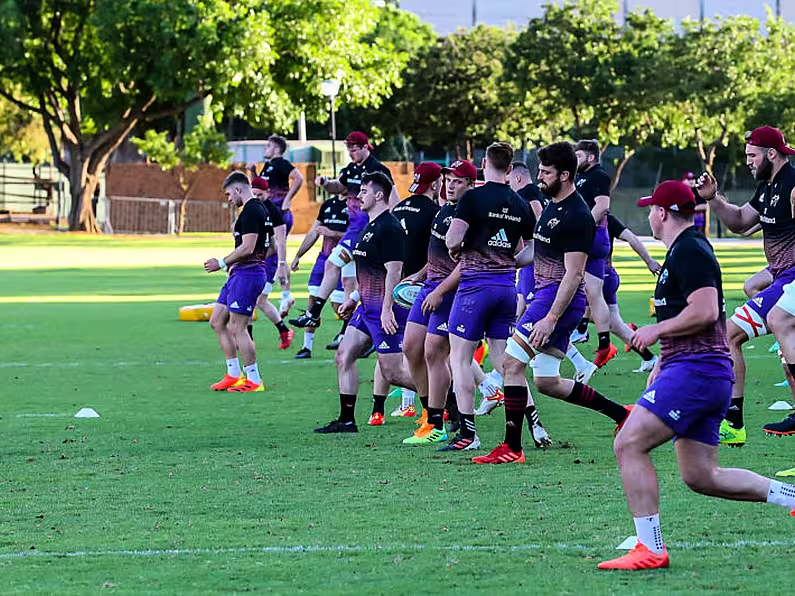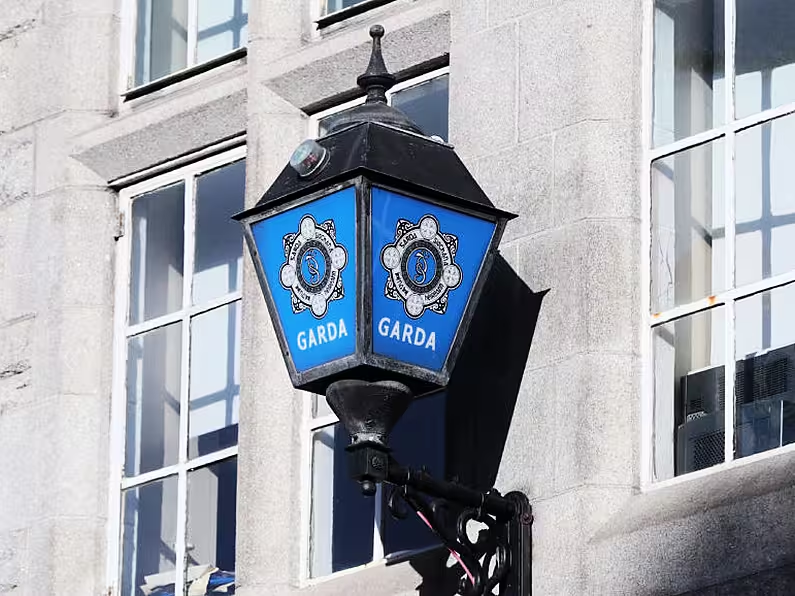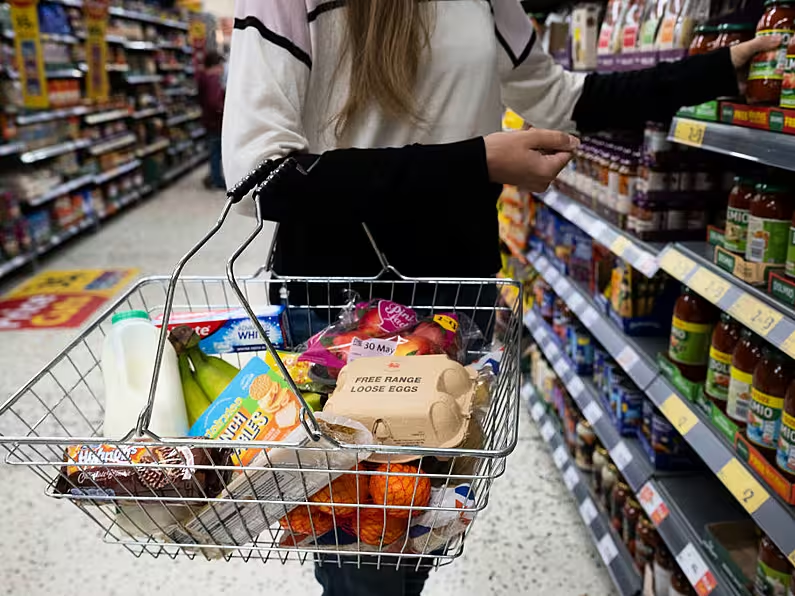Thomson Reuters
Munster reported 13 new Covid-19 cases in their camp in South Africa, taking the total count to 14, as the remainder of the squad departed Cape Town on Tuesday, the Irish rugby team said.
Both staff and players have tested positive and will quarantine in a hotel in Cape Town, joining the first player who returned a positive test on Sunday. Welsh side Cardiff also said they had two positive cases over the weekend.
Munster did not say if any of the positive tests were for the new Omicron variant of the virus, which was first detected in southern Africa.
Ireland is one of the world's most vaccinated nations, with almost 91 per cent of the country's eligible 3.9 million people over the age of 12 fully vaccinated.
"This is a difficult time for all players and staff involved and we are very mindful of their wellbeing and the understandable concern from family and friends at home," Munster said in a statement.
"The wider Munster touring party departed Cape Town tonight after a group of 34 players and staff received negative results on completing a fourth round of PCR testing in six days."
Meanwhile, Cardiff said they plan to depart Cape Town on Thursday morning after the club secured a charter flight and quarantine accommodation in England.
The team's travelling contingent, which includes 15 Welsh internationals, was left stranded in the city after South Africa was placed on the UK's red list.
"Upon arrival in England, Wales' capital city club will then begin a 10-day period of isolation in a UK Government COVID-19 hotel," Cardiff said in a statement.
Munster are due to play Wasps (December 12th) and Castres (December 18th) in the group stage of the European Rugby Champions Cup, meaning the returning squad members should be available for both games after completing their quarantine.
Cardiff kick off their European campaign on December 11th.
Direct flights from South Africa to Britain were halted last week and travellers from southern Africa arriving in Britain and European Countries face quarantine restrictions as part of steps to avoid the spread of the Omicron variant of the virus.














